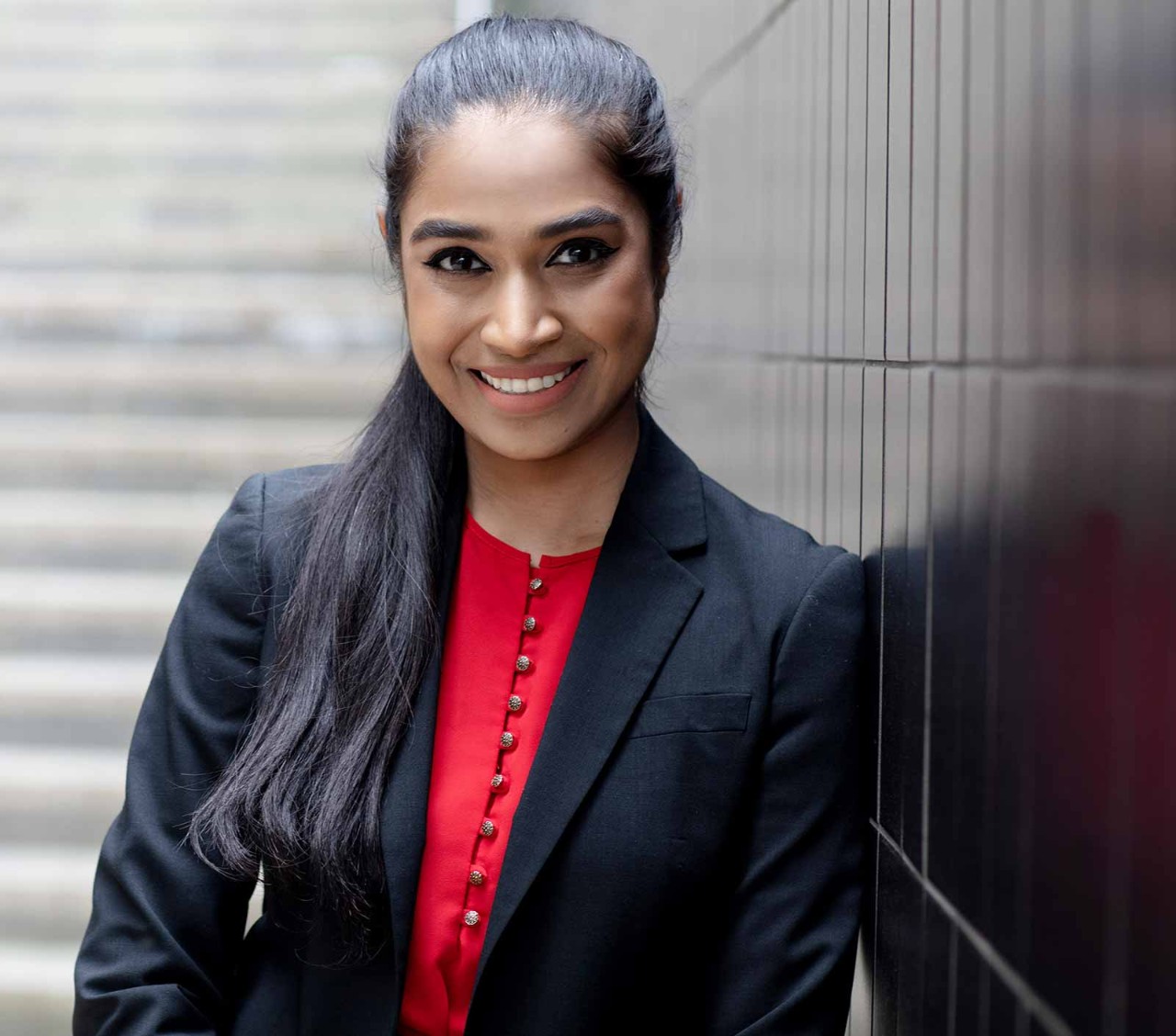
Khalid Maniar FCCA came to Dubai 40 years ago. Originally from India, he arrived in the United Arab Emirates in the early 1980s with the aim of establishing an accounting practice using the experience he had gained working at Siddique & Partners in the UK. The firm he founded, Mak & Partners, went on to become Crowe UAE, part of the Crowe Global international network of accountancy firms.
But now, in 2022, he is looking to the future, one where he will hand over the reins of the firm to a new generation, having ensured that the sustainability of the firm, and its succession process, have been carefully planned and managed.
'You need to look at how the practice will be managed without you as a partner'
‘The sustainability and the continuity of the practice must be looked at before you can consider retiring,’ he says. ‘It is a very important aspect and must be planned for. You need to look at how the practice will be managed without you as a partner.’ In Maniar’s case, he has two sons in the business who will succeed him.
Not that he is planning on giving up work any time soon. The 69-year-old says that, health willing, he could go on until he is comfortably into his 70s, albeit on reduced hours. ‘As long as my mind is working properly and I still have my health, I will continue to work in the office, perhaps with a reduced portfolio,’ he says.
Financial planning
However, as for all workers looking to their future, there will be a need for continuous financial planning to ensure he is able to support himself in retirement. With investments in the UAE and the UK, Maniar says he will be able to generate sufficient income to finance all of his needs in the future.
As a partner in his practice, Maniar is the business owner rather than an employee, and so is not governed by Dubai retirement law, which requires standard expatriate employees to stop working when they reach the age of 65 – although it is possible to extend this in certain circumstances. As the founder of a business, Maniar is exempt from these conditions.
However, until quite recently, private sector company employees based in the Emirates were required to head back to their country of origin upon retirement. Now, following new laws introduced in September 2020, all expatriate workers will be able to remain in the UAE after they retire, provided they can meet certain requirements intended to ensure that they are able to support themselves financially. If they are not able to do so, then they still face having to leave and return ‘home’.
Although the retirement age for employees in Dubai is 60 years, they may be allowed to continue working until the age of 65, provided their employers can secure the necessary permits.
Eligibility criteria
Under the ‘retire in Dubai’ scheme, eligible expat residents aged 55 and over can apply for a retirement visa that would be renewable every five years. To be eligible, they must meet one of the following requirements:
- have a monthly income of 20,000 dirhams (around US$5,000)
- have cash savings of one million dirhams (around US$275,000)
- own property in Dubai, with a minimum value of two million dirhams (around US$550,000)
- have a combination of the second and third options (cash savings and property) with an aggregate value of at least two million dirhams (US$550,000).
Initially, the programme was focused on residents working in Dubai who had reached retirement age, but now anyone over 55 is eligible to apply for a retirement visa, so long as they are able to meet the financial requirements. They must also have valid UAE health insurance.
There is no state pension provision for expats, but there is what is known as an end-of-service gratuity, a lump sum payment that is based on the length of time the employee has worked with the business. However, it is widely recognised that such payments on their own will not usually provide sufficient income on which to retire.
‘The current end-of-service benefits are far from enough to ensure an adequate standard of living post-retirement’
In fact, according to a 2020 report by global consultancy Mercer entitled Financial Security in the UAE, nearly half (45%) of expat employees in the UAE either have no plans to ensure an adequate standard of living after retirement or plan to work beyond the retirement age to ensure continued income. The study further uncovered a lack of financial awareness among respondents, with 61% reporting no long-term savings at all and 43% expecting their end-of-service benefits to meet their long-term financial needs.
Lack of awareness
Interestingly, the survey also showed that although employers recognise the importance of offering enhanced benefits, a key impediment was the belief that employees are better off making their own financial decisions. UAE employers also continue to view tax-free salaries, medical insurance and enhanced end-of-service benefits as the top employee benefits.
‘Employees must understand that the current end-of-service benefits are far from enough to ensure an adequate standard of living post-retirement,’ says Tarek Zouiten, retirement business leader at Mercer UAE. ‘For instance, under the current programme, serving a company for 25 years will only provide two years of basic salary – but an average person will need 12 times their total salary to maintain a decent standard of living post-retirement.'
Obligation to reapply
So even if they have sufficient funds to meet the requirements, expats looking to retire and stay in Dubai need to ensure they remain not just physically fit but financially healthy. With the obligation to reapply for the retirement visa every five years, continued planning and understanding of the local requirements is paramount.
‘When I look around, I see that the majority of expats would like to stay here as long as their investments stay healthy,’ says Maniar. ‘But as they cannot expect to fall back on the government for anything, planning is still essential – because if they are unable to produce sufficient income when their visa comes up for renewal, the government will tell them it is time to go.’


